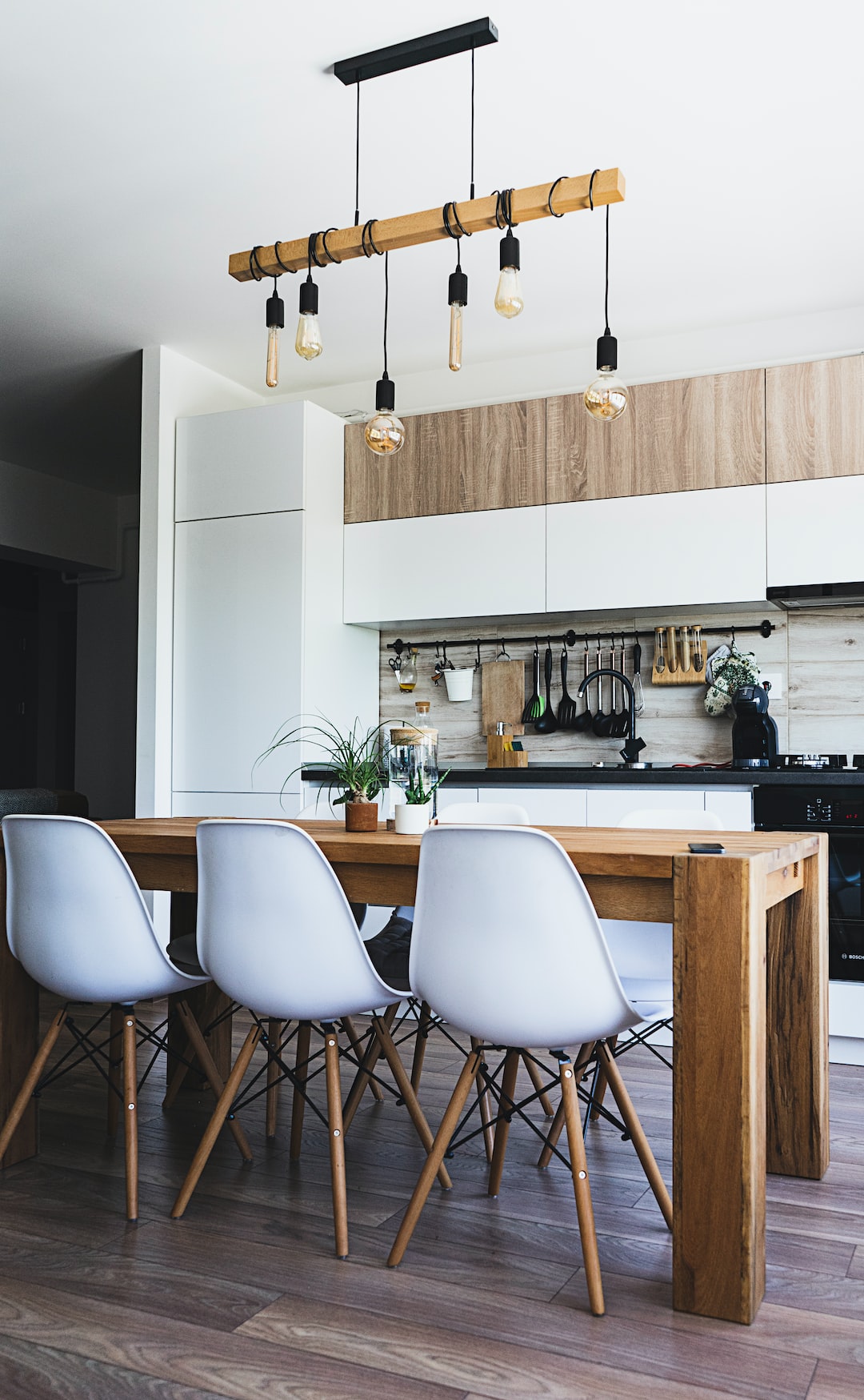The Pros and Cons of Buying a Fixer-Upper
When it comes to purchasing a home, many people dream of finding the perfect move-in ready house. However, others prefer the challenge and satisfaction that comes with buying a fixer-upper. While this type of property can offer great potential and financial benefits, it also comes with its fair share of challenges. In this blog post, we will explore the pros and cons of buying a fixer-upper, helping you determine if it’s the right choice for you.
One of the biggest advantages of buying a fixer-upper is the potential for a lower purchase price. Generally, these properties are priced below market value due to their current condition. This can be a great opportunity to get into a desirable neighborhood or achieve a larger space on a budget. Additionally, with a fixer-upper, you have the freedom to customize and renovate the home to your specific tastes and needs. This can lead to a more personal and satisfying living environment that perfectly suits your lifestyle.
Another advantage of purchasing a fixer-upper is the potential for profitability. If you are willing to put in the time, effort, and money to renovate the property, you may be able to sell it for a higher price than what you paid. In essence, you are investing in a home and turning it into a valuable asset, potentially earning a substantial return on investment.
However, it is important to consider the potential downsides of buying a fixer-upper. The most significant challenge is the cost and time associated with renovations. Depending on the state of the property, the repairs and updates required may quickly add up, exceeding your initial budget. Additionally, the renovation process can be time-consuming, meaning you may need to live in a construction zone for several months.
Another drawback to purchasing a fixer-upper is the uncertainty involved. There may be hidden issues and surprises that arise during the renovation process, such as structural problems or plumbing issues. These unexpected expenses can put a strain on your finances and extend the timeline for completing the project.
Furthermore, buying a fixer-upper requires a certain level of skill and expertise. If you are not familiar with home renovations, you may need to hire professionals to handle the work. This can add to the overall cost and complexity of the project.
In conclusion, buying a fixer-upper has both advantages and disadvantages. It can be an opportunity to create your dream home at a lower cost and potentially increase your investment. However, it also comes with risks and challenges that may not be suitable for everyone. Before deciding to purchase a fixer-upper, carefully consider your budget, time commitment, and renovation skills. With careful planning and realistic expectations, buying a fixer-upper can be a rewarding and profitable venture.

